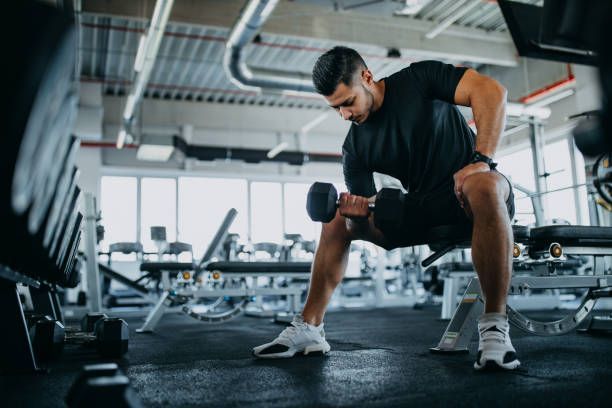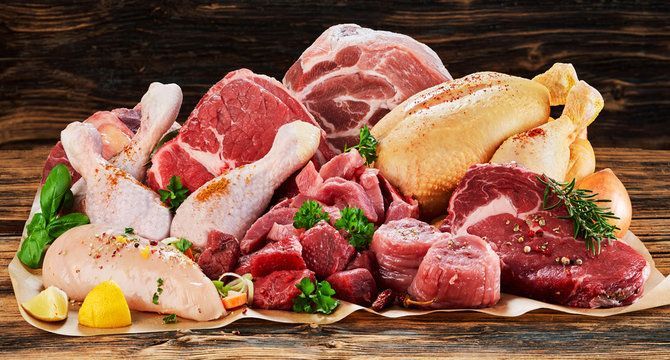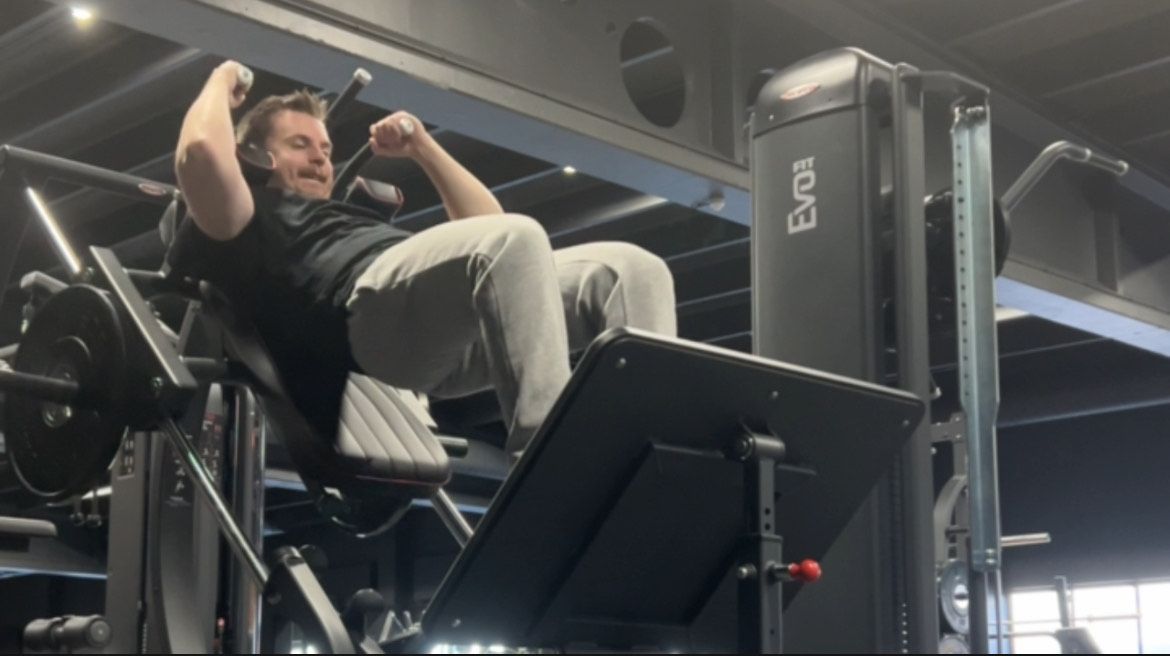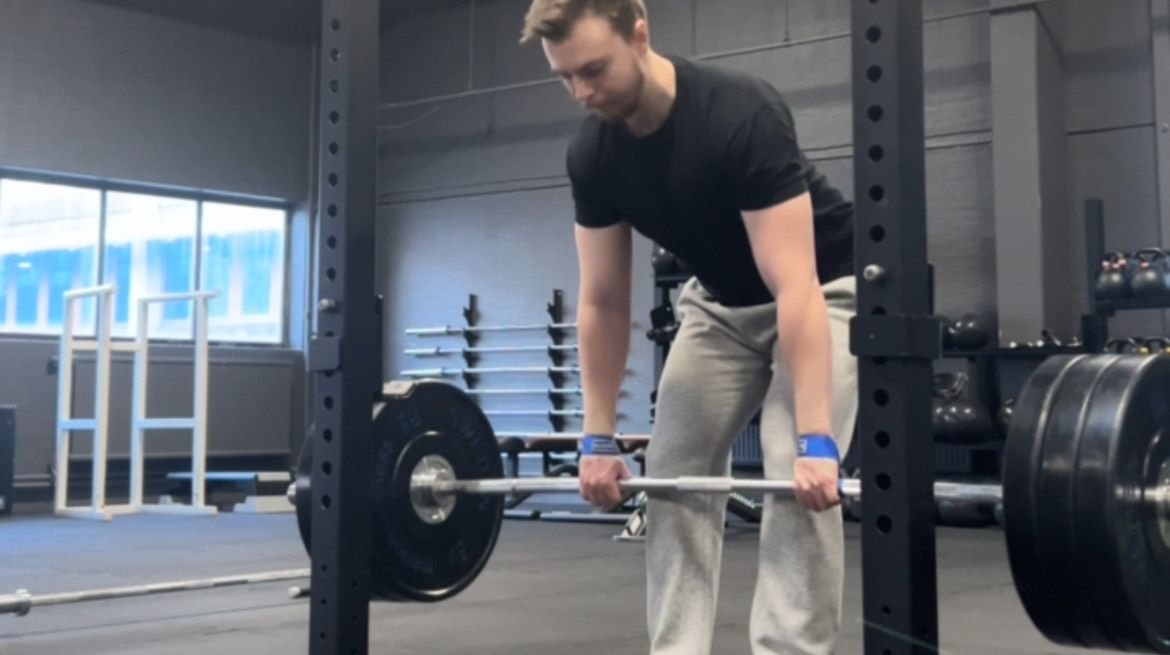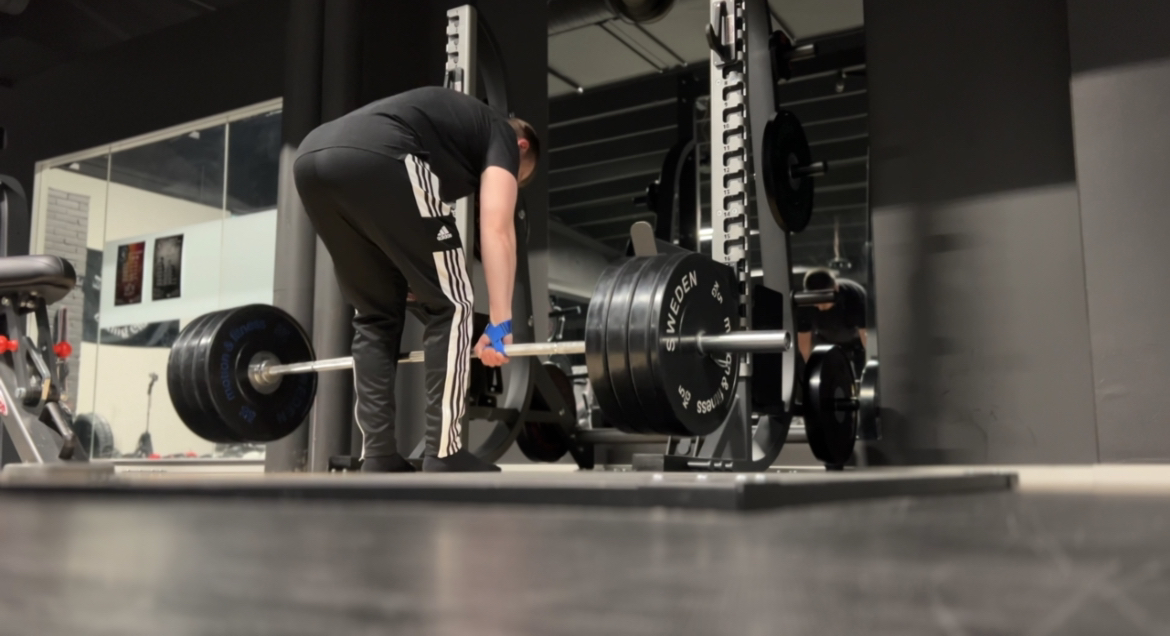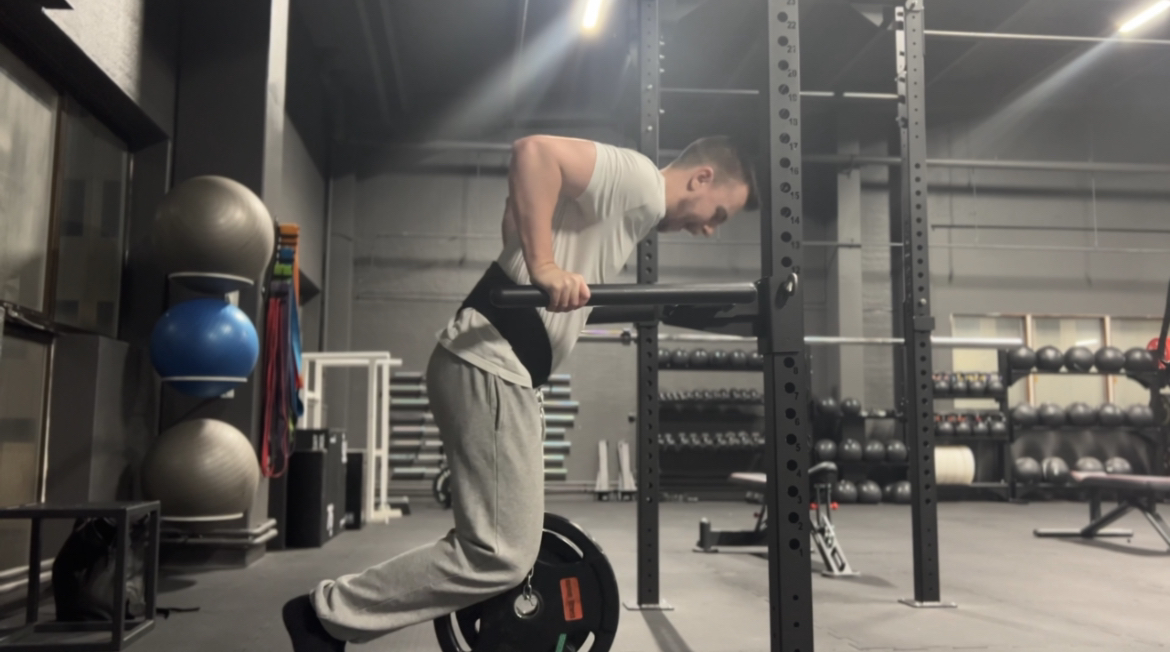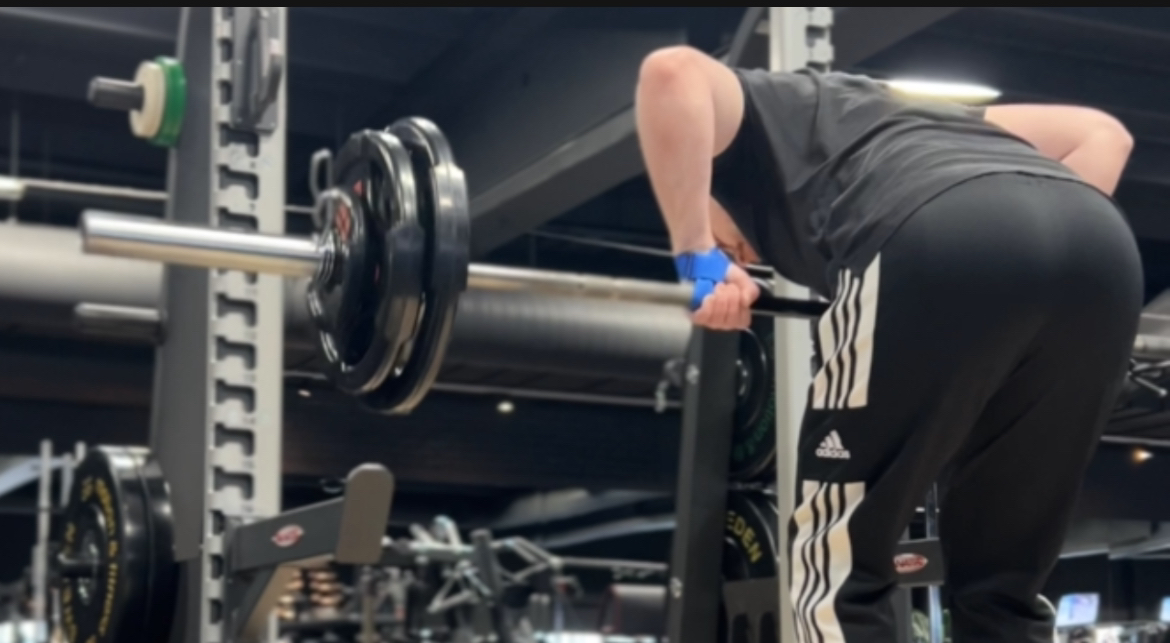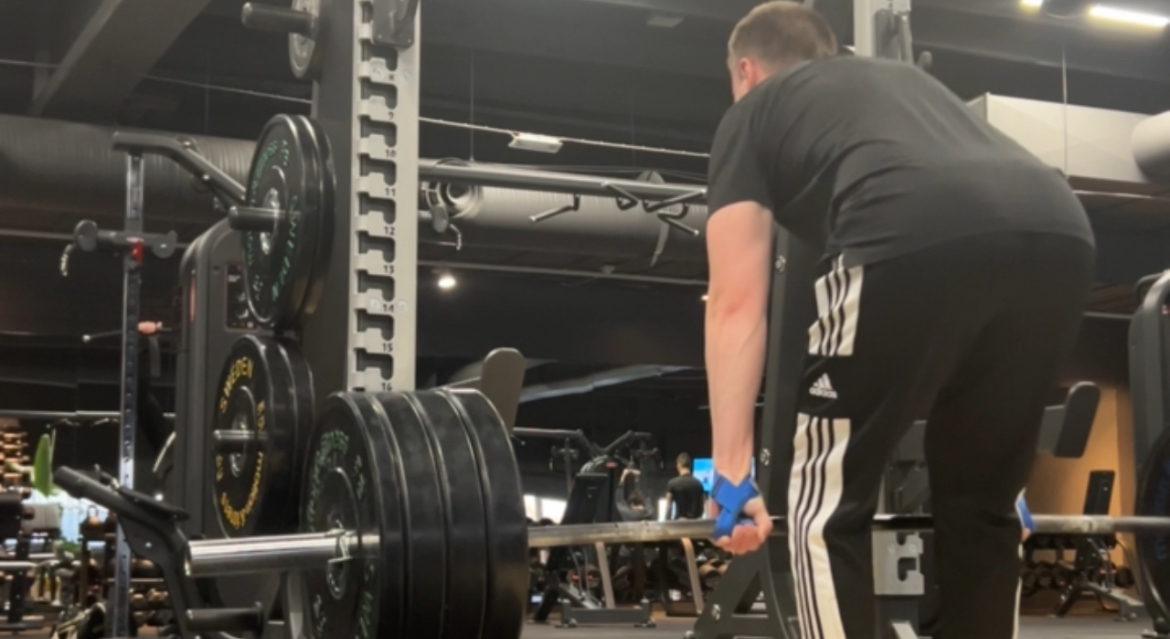Vitamin K
Why you need vitamin K
In the realm of nutrition and fitness, certain vitamins often steal the spotlight for their role in supporting muscle growth and overall health. While vitamins like D and B12 are frequently discussed in the context of fitness, one nutrient that may not receive as much attention but is equally crucial for muscle building is vitamin K. Often recognized for its role in blood clotting and bone health, vitamin K also plays a vital yet underrated role in optimizing muscle function and development. Let's delve into why you need vitamin K for muscle building and how you can ensure you're getting enough of this essential nutrient.
1. Promotes Protein Synthesis:
Protein synthesis is the process by which the body builds new proteins, including the proteins that make up muscle tissue. Vitamin K has been shown to support protein synthesis, thereby aiding in the repair and growth of muscle fibers after exercise-induced damage. By ensuring optimal protein synthesis, vitamin K contributes to the hypertrophy (growth) of skeletal muscle, which is essential for muscle building and strength gains.
2. Enhances Muscle Strength:
In addition to supporting muscle growth, vitamin K plays a role in maintaining muscle strength and function. Research suggests that vitamin K is involved in the regulation of calcium, a mineral crucial for muscle contraction. Adequate levels of vitamin K help ensure proper calcium utilization within muscle cells, which is essential for muscle contraction and the generation of force. By optimizing calcium metabolism, vitamin K helps preserve muscle strength and may reduce the risk of age-related muscle decline.
3. Supports Bone Health:
While muscle building often focuses on the development of skeletal muscle, it's essential to recognize the interconnectedness of muscle and bone health. Vitamin K is well-known for its role in bone metabolism, as it helps regulate calcium deposition in bone tissue, contributing to bone strength and density. Strong bones provide a solid foundation for muscles to attach to and exert force upon, facilitating optimal muscle function and reducing the risk of injuries that could hinder muscle building progress.
4. Anti-inflammatory Effects:
Chronic inflammation can impede muscle recovery and growth by disrupting cellular processes involved in tissue repair and regeneration. Vitamin K exhibits anti-inflammatory properties, helping to mitigate inflammation and promote a favorable environment for muscle repair and growth. By reducing inflammation, vitamin K supports efficient recovery from exercise-induced muscle damage, allowing for more frequent and productive workouts conducive to muscle building.
5. Muscle Preservation in Aging:
As individuals age, they are at risk of experiencing age-related muscle loss, known as sarcopenia, which can impair mobility, strength, and overall quality of life. Vitamin K has shown promise in preserving muscle mass and function in older adults by supporting protein synthesis, enhancing muscle strength, and promoting bone health. By incorporating vitamin K-rich foods or supplements into their diet, older individuals can potentially mitigate the effects of sarcopenia and maintain their independence and vitality as they age.
Sources of Vitamin K:
To reap the muscle-building benefits of vitamin K, it's important to include vitamin K-rich foods in your diet. Excellent food sources of vitamin K include leafy green vegetables such as kale, spinach, and broccoli, as well as other vegetables like Brussels sprouts and cabbage. Additionally, fermented foods like natto (a traditional Japanese dish made from fermented soybeans) are exceptionally high in vitamin K2, a form of vitamin K that may have superior bioavailability and benefits for muscle and bone health.
Conclusion:
While often overshadowed by other nutrients, vitamin K plays a crucial role in supporting muscle building, strength, and overall physical performance. By promoting protein synthesis, enhancing muscle strength, supporting bone health, reducing inflammation, and preserving muscle mass with aging, vitamin K serves as a vital ally in the pursuit of fitness goals. Incorporating vitamin K-rich foods into your diet or considering supplementation can help optimize muscle building efforts and contribute to long-term health and well-being. Remember, a balanced diet rich in essential nutrients is key to unlocking your full potential in the gym and beyond.
